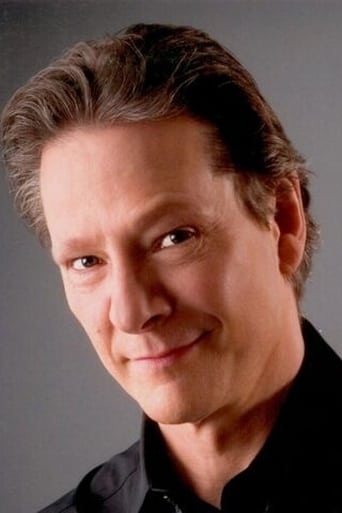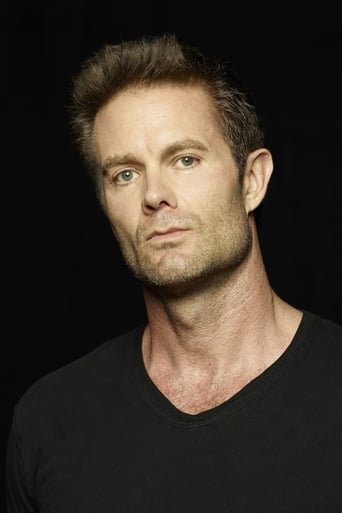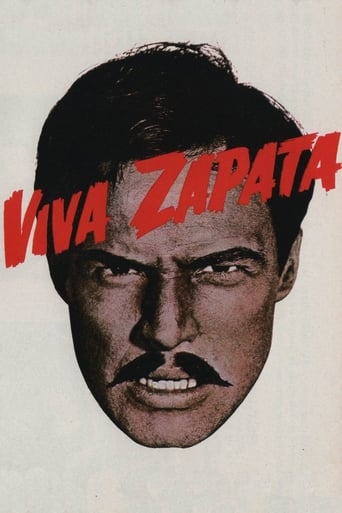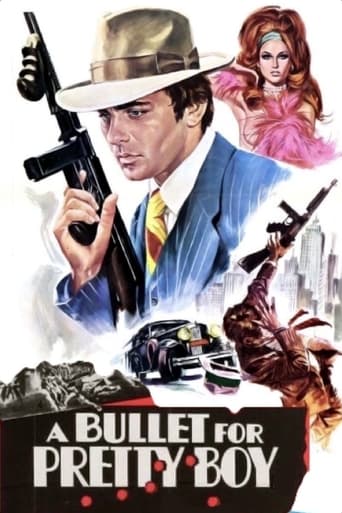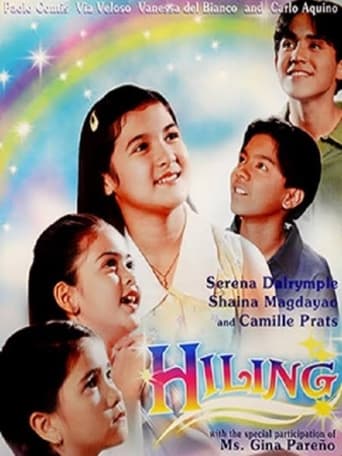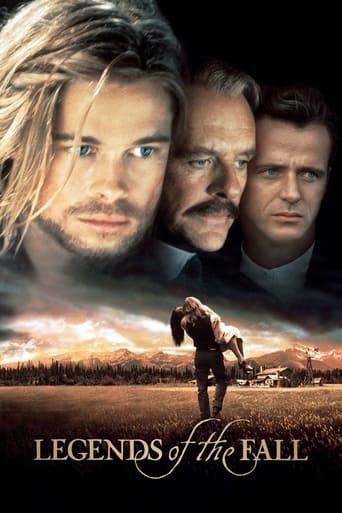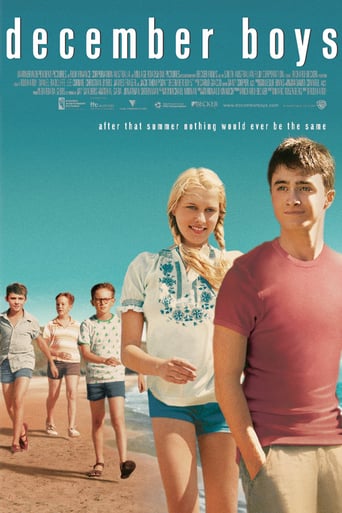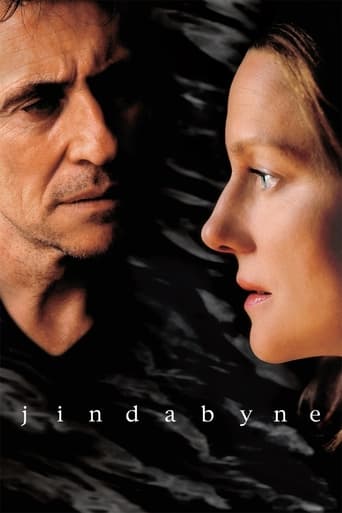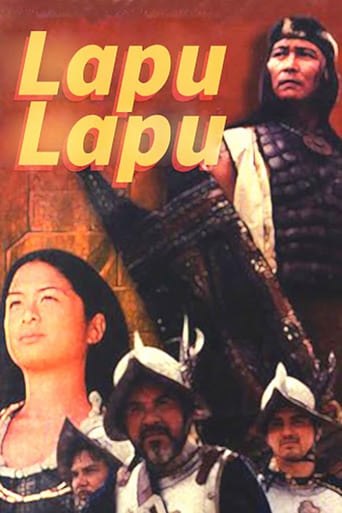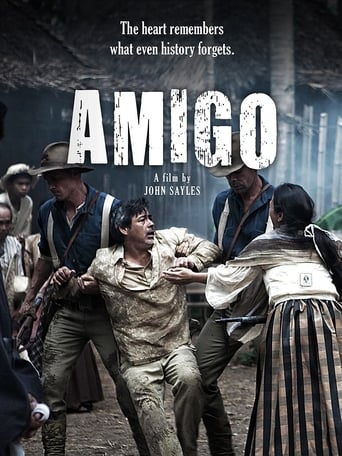
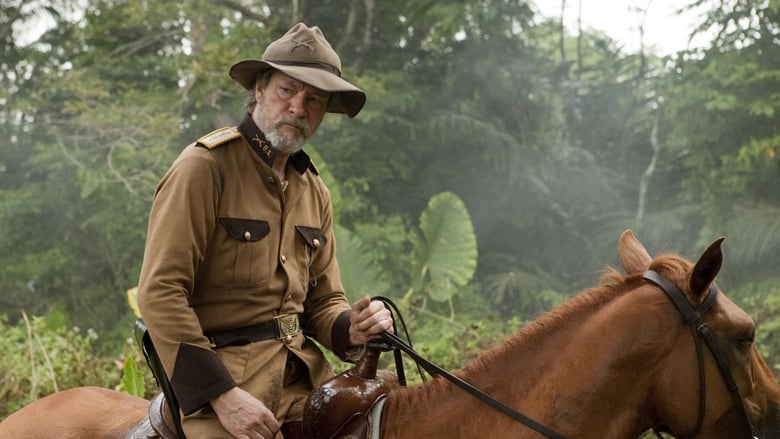
Amigo (2010)
Rafael is a village mayor caught in the murderous crossfire of the Philippine-American War. When U.S. troops occupy his village, Rafael comes under pressure from a tough-as-nails officer to help the Americans in their hunt for Filipino guerilla fighters. But Rafael's brother is the head of the local guerillas, and considers anyone who cooperates with the Americans to be a traitor. Rafael quickly finds himself forced to make the impossible, potentially deadly decisions faced by ordinary civilians in an occupied country.
Watch Trailer
Cast
Similar titles
Reviews
Too much of everything
A different way of telling a story
Entertaining from beginning to end, it maintains the spirit of the franchise while establishing it's own seal with a fun cast
Very good movie overall, highly recommended. Most of the negative reviews don't have any merit and are all pollitically based. Give this movie a chance at least, and it might give you a different perspective.
Being an American, I have taken my fair share of history courses and studied many of the wars America has been in ever since it's formation and eventual birth in 1776. Just like everyone else, I leaned about Francis Scott Keys and the thirteen original colonies, but above all that, I also learned about the many events and politics which led to our independence. In school, they teach us about WWI and WWII as well as The Civil War, The revolution, the French and Indian War, etc etc. However, as history is so big and vast it well comes down to the perspective of how it is written and how one receives it. John Sayles has taken on an incredible project. He has done something only one other filmmaker has done, and portrayed all his characters and events in a very different perspective. I say we learn about all the big wars and we always root for America, but Sayles brings to the big screen something that even today we hold in contention, which is the right for one country to invade another. The Philippine-American war is something any American can say they've never heard of (for the most part). It is a part of history America never looks back at, and there are reasons why. Sayles chooses to show America as the invader; the people who don't belong in the situation at hand (such as the War in Iraq), and it is a very intriguing perspective. The story focuses on a small garrison of American soldiers who have taken post at a small baryo in the Philippines. We're introduced to a whole array of characters with very solid acting behind them all. There are great turns by DJ Qualls, Dane DeHann, Lucas Neff, and Brian Lee Franklin supported by the promising Garrett Dillahunt and always wonderful Chris Cooper. But above them all Joel Torre steals the show as the main character, Rafael, who is also what the title refers too. Sayles masterfully crafts scene after scene and leads us through a captivating story. Throughout the film, Sayles makes us wonder, "Who is right?" or "What if both sides are right?", while there is a heavy wondering of God and if doing what God says justifies your actions. But then, what about personal choice or following your heart? Between Rafael and his rebellious son, there is a rift. His son helps the colonials, while Rafael is restricted to do what he wishes and must follow the American law that resides. This is a film I recommend to all who enjoy the 'forgotten' parts of history. What Sayles has done here is another remarkable job of writing and directing while also serving another very unique perspective to the events which happened during the Philippine- American War. It's wonderful storytelling that leads to another well-crafted and haunting John Sayles-esque ending.
October 26, 2011 director John Sayles came to Trinity's Cinestudio for a showing of his recent movie Amigo, a story of American military occupation in the Philippines following the Spanish-American War. It's Sayles' first digital "film," a mode he said we may as well get used to, simply because it's so much cheaper than film and so will take over not just independent cinema but Hollywood as well. What he got on the screen was very nice to watch. I'd not have known it was digital, great color and some superb photography. That may partly be due to Cinestudio's wonderful facility and care with whatever it shows.Sayles sounds like a Rhodes scholar, obviously very intelligent, but what really struck me is how much he has to say. He's engaged, he cares, he's interested, curious and thoughtful. He clearly did a lot of research on his subject and wanted to share his views.Though I've liked some of Sayles' movies, Return of the Secaucus Seven especially, I found Amigo, unfortunately, disappointing. It doesn't come together well as drama, as a story. It seems wooden, mechanical. I also thought it was a bit hard on the ugly American, though not by much. I did disagree with Sayles when he dismissed TR for his view that it would take 100 years to civilize the Filipinos. TR was actually ahead of most Americans of his day in overcoming the racism that had infected the Western world and was then reaching a peak. And TR's prediction wasn't entirely unfair, as it was nearly a century before the Filipinos got a real chance to shape their own destiny after getting rid of Marcos. I think a good case can be made that the U.S. accelerated more than it retarded that trajectory, even with the faults of our occupation.When one post-film questioner said he thought the Americans were portrayed unjustifiably and unnecessarily negatively, Sayles calmly defended his presentation but the rest of the Trinity audience, mostly people over 40, groaned in displeasure with the questioner's political incorrectness. So much for academic freedom.I like to go up to movie directors after such post-film discussions to ask a question or two. Quite a few others were gathered around him, so I waited until everyone else had moved on. It was getting late and Sayles was making his way to leave but he was entirely gracious when I asked him whether he had acted in movies other than his own. He seemed happy to have the question and said something like, "Oh yes, from time to time, when there's something." And he volunteered that he usually played a bad guy, a brute or dumb in his own films. I forget his words, something like "a cop," I think he said. That made me recall his role in his own film, Brother from Another Planet. He also said he doesn't like to play characters "with an arc" when he's directing, because it becomes difficult to direct and follow the arc at the same time. So the cop roles and the like are okay in his own films. "So you're always looking around, interested in landing parts?" I asked, and he responded affirmatively, almost as if he was wondering if I had a part to offer him. I thanked him for coming to Hartford and took off. Phil SteeleA week later, quite a coincidence. I viewed Spike Lee's Malcolm X again (and liked it even better than I did when it came out). Trying to identify the actor playing the FBI surveillance agent who delivers the line, "Compared to King this guy's a monk," I came to IMDb, of course, and it turns out it's John Sayles! Sayles says the line to his co-FBI eavesdropper, whose laughing as he overhears the conversation of Malcolm X and his wife, is very likely unhistorical and over the top. But for the most part Lee has made a great movie.
Without a doubt, a movie about this subject needed to be made. The parallels with America's wars with Vietnam and Iraq are endless, and the Philippines' history as the strategic spoils for foreign occupiers needs to be told. This movie did an okay job of depicting the arrogance of imperialism as well as the misery of those who want peace. However, I think the time limitation of a feature length movie hampers any real character development. The Americans' are haughty and racist caricatures, and the conflicts within the Filipino families are not as palpable as they should be. Also, important strategic events of the war are merely alluded to off-screen.Throughout the whole movie, I couldn't help but feel the story would have been more suited to a TV-miniseries format. Such a format would have allowed ample time for character development and action scenes.
It is always difficult to tackle a war on film equally and fairly. Each side has its own interests to protect and uphold. Everyone regards the other as an enemy against them. There will be losses from all sides, direct and collateral. Yet, in the end, no one really wins. In "Amigo" by veteran director John Sayles, attempts to show all sides of a multi- dimensional conflict that was the Philippine-American War.The film brings us back to the turn of the previous century, 1900, when Spain just ceded the Philippines to the USA. A group of young American soldiers under former architect Lt. Compton (Garrett Dillahunt) take control of a remote village called San Isidro. Trying to maintain some semblance of normalcy in his hostaged neighborhood was the barrio captain Rafael Dacanay (Joel Torre). There was also the Spanish friar Padre Hidalgo who continues his churchly mission, while interpreting for the Americans. On the other front, we have the Filipino revolutionaries who camp out in the jungle, led by Rafael's brother Simon (Ronnie Lazaro).So we can see here a complicated web of intersecting conflicts that Sayles weaved for us. This was presented in a way that the audience can see the way each of these groups thought. The dialog went from English to Tagalog to Spanish and the occasional Chinese, so everything was seemingly told "in their own words." It will be very interesting how this movie will be viewed by audiences represented by the involved parties. While the story had a slow progression at the start, by the time it reached the climactic scenes, the suspense and tension was electric. The ending though was a bit awkward in my opinion. But definitely, the audience, especially the Filipinos, will identify with the conflicts within the tragic character of Rafael, who was caught between keeping the peace in his barrio, and his brother's cause for Filipino independence. Joel Torre properly captures Rafael's essence and plays him with fervor and passion. Of course, with all the rather hammy acting of the unknown foreign actors behind them, the talent of Torre and the rest of the veteran Filipino cast (notably Rio Locsin as Rafael's religious wife) shone right through. The one known American actor Chris Cooper was in a one-dimensional villain role as a war freak American colonel. As the friar, Yul Vasquez seemed to be more American than Spanish, as he even had a forced Spanish accent. But I do congratulate him for his very good Tagalog speaking. I'm not very sure if it is an error, but I noted the Chinese characters (who were apparently there for comic relief) were speaking in Cantonese, but the predominant Chinese dialect in the Philippines should be Fukienese.Overall though, this is a very good and thoughtful film about a war that had not been tackled before in Hollywood before. To his credit, American John Sayles directed this movie as if he was a true Filipino. He was successful in telling us his story from the Filipino point of view. He was even able to inject some vignettes of Filipino rural culture with scenes of a fiesta, a funeral and cockfighting. Filipinos should really go out and support this unique motion picture.
